Home>Renovation & DIY>Home Renovation Guides>What Kind Of Loan Can I Get For Home Improvements?


Home Renovation Guides
What Kind Of Loan Can I Get For Home Improvements?
Modified: January 9, 2024
Looking to finance your home renovations? Learn about the different types of loans available for home improvements in our comprehensive guide. Explore your options today!
(Many of the links in this article redirect to a specific reviewed product. Your purchase of these products through affiliate links helps to generate commission for Storables.com, at no extra cost. Learn more)
Introduction
Embarking on a home renovation project is an exciting endeavor that can breathe new life into your living space, increase the value of your property, and create a more comfortable environment for you and your loved ones. Whether you're dreaming of a sleek, modern kitchen, a luxurious bathroom retreat, or a cozy backyard oasis, turning your vision into reality often requires a significant financial investment. Fortunately, there are various loan options available to help fund your home improvement plans. In this comprehensive guide, we will explore the different types of loans tailored for home renovations, providing you with valuable insights to make an informed decision that aligns with your financial goals and renovation aspirations.
From personal loans to home equity options and specialized renovation loans, each financing avenue offers unique benefits and considerations. By understanding the distinctive features of these loan types, you can navigate the borrowing landscape with confidence, ensuring that your renovation journey is not only fulfilling but also financially sustainable. Let's delve into the world of home improvement loans, uncovering the possibilities that await as you transform your living space into the home of your dreams.
Key Takeaways:
- 1. Choose the Right Loan for Your Renovation
Explore various loan options like personal loans, home equity loans, and FHA 203(k) loans to find the best fit for your home improvement project. Consider factors like flexibility, interest rates, and tax benefits to make an informed decision. - 2. Plan Wisely, Renovate Confidently
Before diving into a home renovation, carefully assess your financial situation and long-term goals. Seek guidance from experts, compare loan offers, and create a strategic budget to ensure a successful and satisfying renovation journey.
Personal Loans
When it comes to financing home improvements, personal loans serve as a flexible and convenient option for homeowners seeking to embark on renovation projects. These unsecured loans, typically offered by banks, credit unions, and online lenders, provide borrowers with a lump sum of money that can be used for various purposes, including home renovations. The absence of collateral requirements makes personal loans an attractive choice for individuals who may not have substantial equity in their homes or prefer not to leverage their property as security.
One of the key advantages of personal loans for home improvements is the streamlined application process and relatively quick access to funds. With competitive interest rates and fixed repayment terms, personal loans offer predictability and stability, allowing homeowners to budget effectively for their renovation expenses. Additionally, the flexibility in loan amounts enables borrowers to fund projects of varying scales, whether it’s a minor kitchen upgrade or a comprehensive home remodeling endeavor.
It’s important to note that the interest rates for personal loans are influenced by factors such as the borrower’s creditworthiness, income, and overall financial profile. As such, maintaining a healthy credit score and a strong financial history can contribute to securing favorable loan terms. Before committing to a personal loan for home improvements, it’s advisable to compare offers from multiple lenders, assess the total cost of borrowing, and ensure that the monthly payments align with your budgetary constraints.
While personal loans provide a straightforward and accessible means of financing home renovations, it’s essential to exercise prudence in managing the borrowed funds. By leveraging this financing option responsibly, homeowners can embark on their renovation projects with confidence, knowing that their vision for an enhanced living space is supported by a tailored and manageable financial solution.
Home Equity Loans
For homeowners seeking substantial funds to finance their home improvement endeavors, a home equity loan presents a compelling option that leverages the equity built within the property. This type of loan, also known as a second mortgage, allows individuals to borrow against the equity they have accrued through their mortgage payments and property appreciation. Home equity loans typically offer fixed interest rates and a lump-sum disbursement, providing predictability and clarity in managing renovation expenses.
The appeal of home equity loans lies in their potential for offering larger loan amounts compared to personal loans or other unsecured financing options. This makes them well-suited for extensive renovation projects, such as room additions, significant structural enhancements, or comprehensive property upgrades. By tapping into the equity accumulated in their homes, homeowners can access the financial resources needed to bring their renovation visions to fruition.
Furthermore, the interest paid on home equity loans may be tax-deductible, subject to certain conditions and limitations, making this financing avenue even more financially advantageous for eligible borrowers. It’s important to consult with a tax advisor or financial professional to understand the potential tax benefits associated with home equity loans in the context of home improvements.
As with any borrowing arrangement, careful consideration is essential when contemplating a home equity loan. Since the property serves as collateral for this type of financing, it’s crucial for homeowners to assess their ability to meet the repayment obligations to avoid the risk of foreclosure. Additionally, conducting a thorough cost-benefit analysis and comparing loan offers from different lenders can help in securing favorable terms and optimizing the financial impact of the renovation investment.
By harnessing the equity accumulated in their homes, homeowners can unlock the potential for substantial funding to realize their renovation aspirations, creating living spaces that reflect their unique preferences and lifestyle needs.
Home Equity Line of Credit (HELOC)
Homeowners seeking flexible and versatile financing options for their home improvement projects often turn to a Home Equity Line of Credit (HELOC) as a strategic financial tool. Unlike a traditional home equity loan, a HELOC operates as a revolving line of credit, allowing borrowers to access funds as needed within a specified draw period, typically ranging from five to ten years. This dynamic structure provides homeowners with the freedom to utilize funds incrementally, aligning with the evolving requirements of their renovation endeavors.
One of the primary advantages of a HELOC is its flexibility, offering a convenient mechanism for accessing funds on an as-needed basis throughout the draw period. This feature is particularly beneficial for projects with fluctuating costs or phased renovations, as homeowners can strategically allocate funds based on the progress and priorities of their home improvement initiatives. Additionally, HELOCs often come with variable interest rates, which can result in lower initial costs compared to fixed-rate financing options, providing potential savings in the early stages of the renovation project.
Furthermore, the interest paid on the borrowed amount may be tax-deductible, subject to specific criteria and limitations, adding a potential financial advantage for eligible borrowers. However, it’s imperative to consult with a tax advisor or financial professional to understand the implications and benefits of tax-deductible interest in the context of home improvements.
When considering a HELOC for home renovations, homeowners should carefully evaluate their financial capacity to manage variable interest rates and potential fluctuations in repayment obligations. It’s essential to have a clear repayment strategy in place, considering factors such as budgetary constraints and the anticipated timeline for completing the renovation project. Additionally, comparing offers from different lenders and understanding the terms and conditions of the HELOC, including any associated fees and repayment requirements, is vital in making an informed borrowing decision.
By harnessing the flexibility and accessibility of a HELOC, homeowners can navigate their renovation journey with agility, ensuring that their financial resources align with the dynamic nature of home improvement projects, from initial upgrades to comprehensive transformations.
Consider a home improvement loan, such as a home equity loan or line of credit, which uses your home as collateral and typically offers lower interest rates than personal loans. Always compare rates and terms from multiple lenders before choosing a loan.
Cash-Out Refinance
For homeowners looking to leverage the equity accumulated in their property while refinancing their existing mortgage, a cash-out refinance presents a compelling avenue for funding home improvement projects. This refinancing option allows individuals to replace their current mortgage with a new one, reflecting an increased loan amount that exceeds the outstanding balance. The difference between the new loan amount and the existing mortgage balance is disbursed to the homeowner in the form of cash, providing a substantial source of funding for renovation endeavors.
One of the primary advantages of a cash-out refinance is the potential for accessing significant funds, often at a lower interest rate compared to alternative financing options such as personal loans or credit cards. By tapping into the equity of their property through this refinancing mechanism, homeowners can secure a lump sum of money to support comprehensive renovation projects, major upgrades, or strategic property enhancements.
Furthermore, consolidating high-interest debt or other outstanding obligations into the new mortgage can streamline the overall financial management, potentially resulting in improved cash flow and reduced monthly financial burdens. This holistic approach can create a more sustainable and structured financial foundation, aligning with the long-term goals and aspirations of homeowners as they embark on their renovation journey.
It’s important for homeowners to carefully evaluate the implications of a cash-out refinance, considering factors such as closing costs, potential changes in the loan term, and the overall impact on their financial landscape. By conducting a thorough cost-benefit analysis and consulting with mortgage professionals, homeowners can gain clarity on the feasibility and advantages of pursuing a cash-out refinance for their home improvement financing needs.
By harnessing the potential of a cash-out refinance, homeowners can unlock the value embedded in their property, transforming equity into tangible resources that fuel their renovation ambitions, elevate their living spaces, and enhance the overall quality of their homeownership experience.
Read more: What Can A Home Improvement Loan Be Used For
FHA 203(k) Loan
For homeowners seeking to renovate or rehabilitate their properties, the FHA 203(k) loan program offers a specialized financing solution that integrates the purchase or refinance of a home with the cost of its rehabilitation or renovation. This unique loan, insured by the Federal Housing Administration (FHA), provides individuals with the opportunity to finance both the acquisition of a property and the necessary funds for extensive home improvements through a single mortgage, streamlining the financing process for renovation projects.
One of the distinctive features of the FHA 203(k) loan is its accessibility to borrowers who may not qualify for conventional financing due to credit challenges or limited down payment capabilities. This inclusive approach expands the possibilities for homeowners to revitalize and customize their living spaces, fostering a more inclusive landscape for home improvement initiatives.
Furthermore, the FHA 203(k) loan offers flexibility in addressing a wide range of renovation needs, including structural alterations, repairs, and modernization efforts. Whether it’s upgrading outdated systems, enhancing energy efficiency, or addressing safety concerns, this financing option accommodates diverse renovation objectives, empowering homeowners to transform their properties according to their unique preferences and practical requirements.
It’s important to note that the FHA 203(k) loan involves a detailed process that encompasses property appraisal, project feasibility assessments, and compliance with FHA guidelines for eligible improvements. Engaging with lenders experienced in FHA 203(k) loans and collaborating with qualified contractors and consultants can facilitate a smoother and more informed progression through the loan application and renovation phases.
By harnessing the benefits of the FHA 203(k) loan, homeowners can embark on comprehensive renovation projects with confidence, knowing that they have access to a tailored financing solution that integrates property acquisition and rehabilitation, paving the way for revitalized living spaces and enhanced homeownership experiences.
Conclusion
Embarking on a home improvement journey is a transformative experience that allows homeowners to reimagine and enhance their living spaces, creating environments that resonate with their lifestyle preferences and functional needs. As you explore the diverse landscape of home improvement loans, it’s essential to consider your unique financial circumstances, renovation objectives, and long-term homeownership aspirations to make an informed borrowing decision that aligns with your vision for a revitalized home.
From the accessibility and flexibility of personal loans to the substantial funding potential of home equity options and the specialized features of FHA 203(k) loans, each financing avenue offers distinct advantages tailored to different renovation scenarios. By evaluating the benefits, considerations, and eligibility criteria associated with these loan types, homeowners can navigate the borrowing landscape with confidence, ensuring that their chosen financing solution complements their renovation goals and financial well-being.
As you contemplate the various loan options for home improvements, it’s important to seek guidance from reputable lenders, financial advisors, and renovation professionals who can provide valuable insights and support throughout the borrowing and renovation processes. Additionally, conducting thorough assessments of your renovation needs, budgetary constraints, and long-term financial outlook can empower you to make strategic and sustainable decisions that enhance the overall success and satisfaction of your home improvement endeavors.
Ultimately, the right loan for your home improvements is the one that aligns with your financial capacity, renovation aspirations, and future homeownership plans, providing a solid foundation for realizing your vision of an upgraded and personalized living space. By leveraging the appropriate financing solution, you can embark on your renovation journey with confidence, knowing that you have the necessary resources to transform your home into a place of comfort, functionality, and enduring value.
As you embark on the exciting path of home renovations, may your endeavors be guided by thoughtful planning, creative inspiration, and the support of tailored financing solutions that elevate your living spaces and enrich your homeownership experience.
Frequently Asked Questions about What Kind Of Loan Can I Get For Home Improvements?
Was this page helpful?
At Storables.com, we guarantee accurate and reliable information. Our content, validated by Expert Board Contributors, is crafted following stringent Editorial Policies. We're committed to providing you with well-researched, expert-backed insights for all your informational needs.
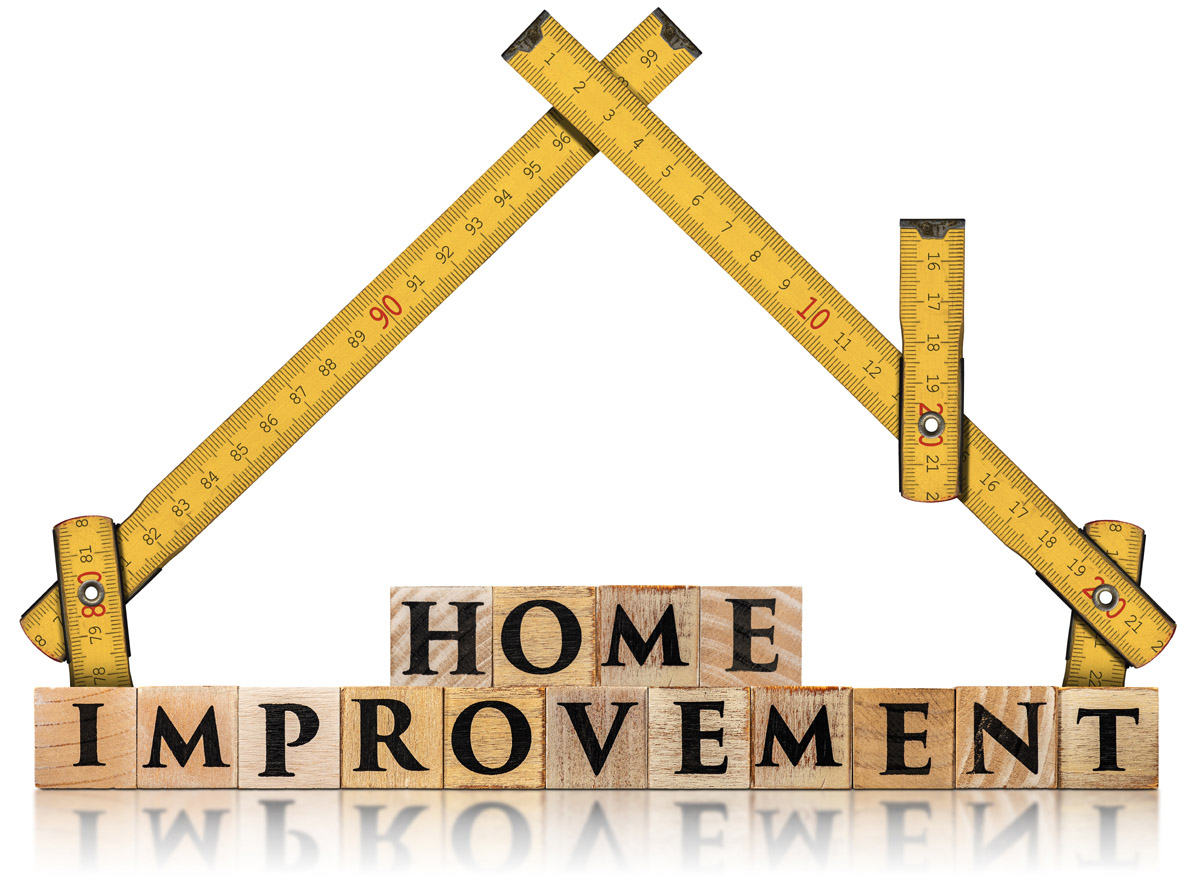
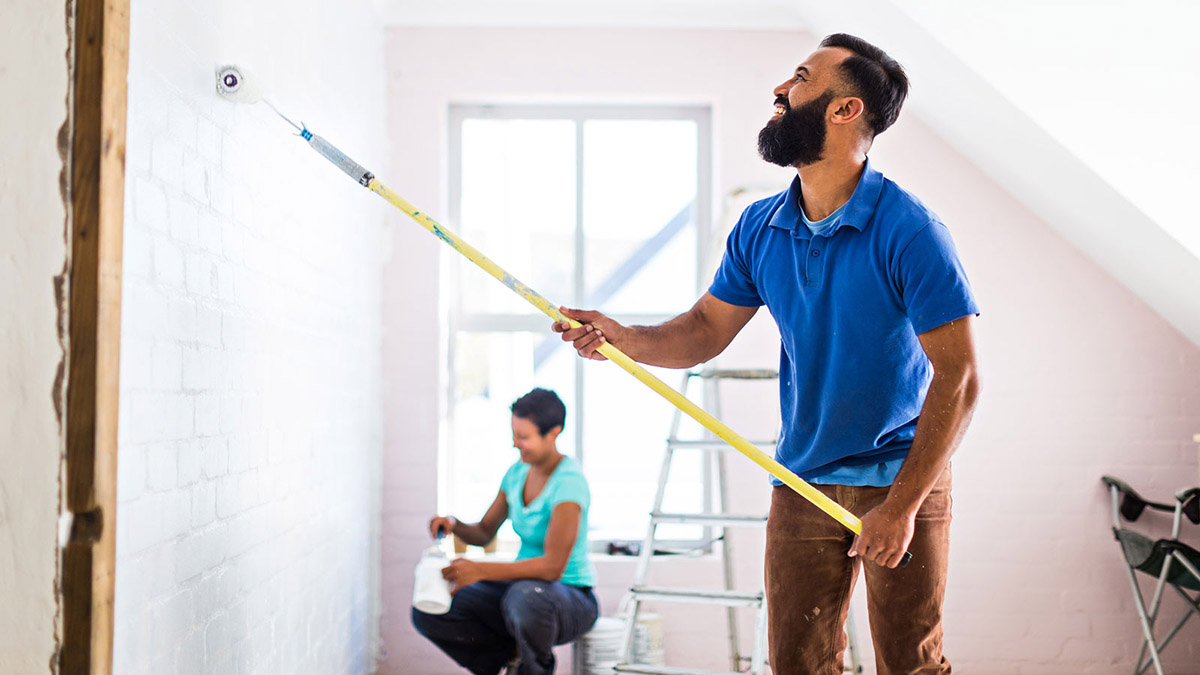
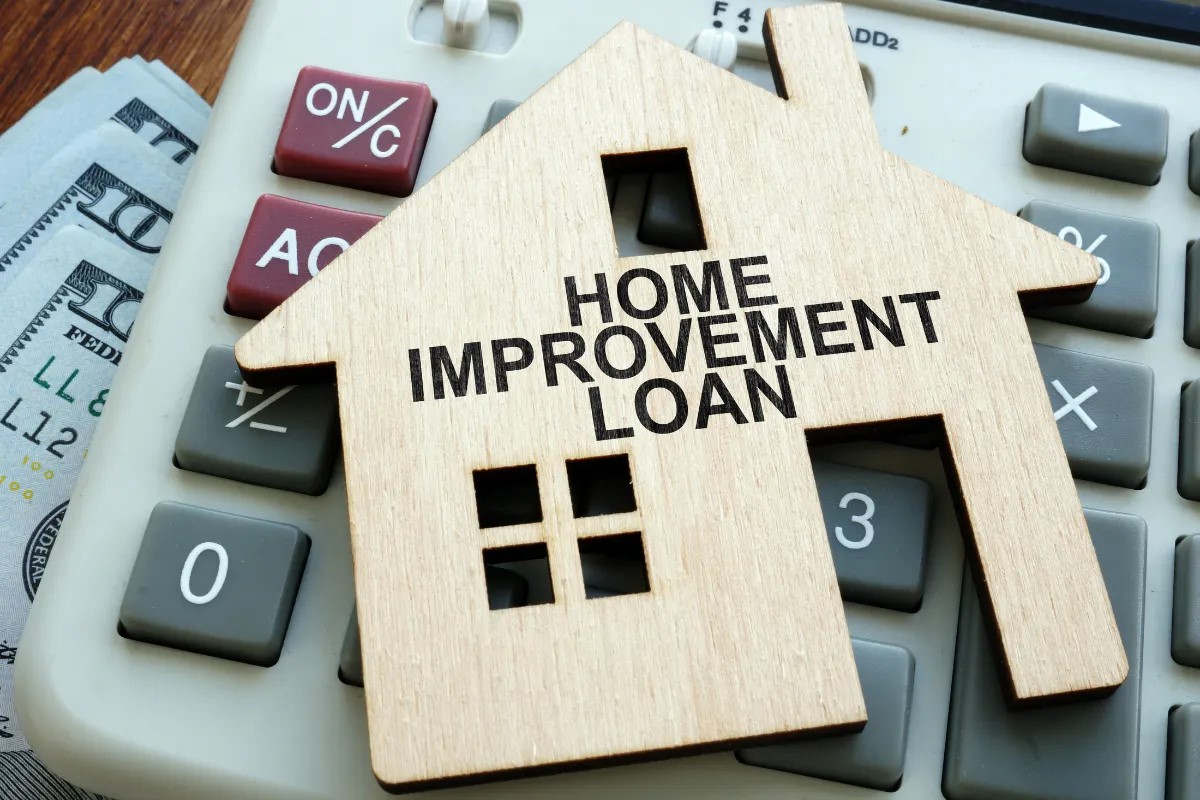


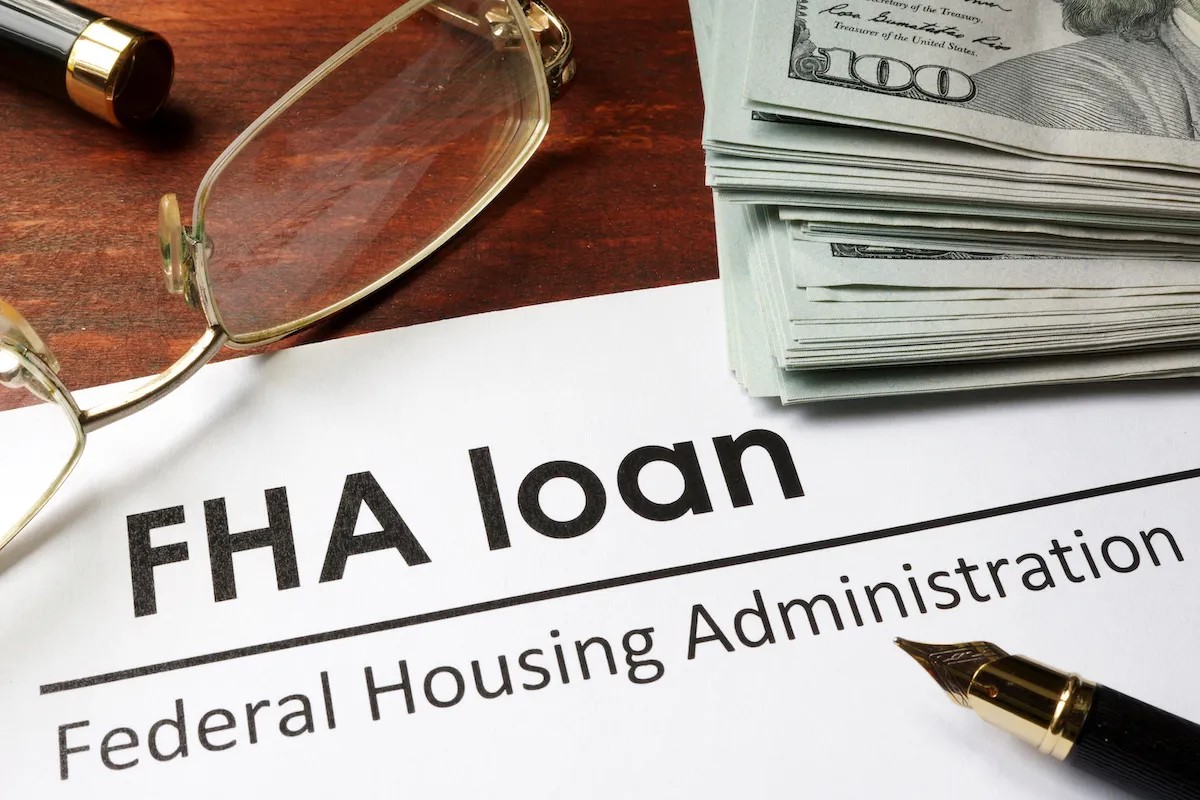




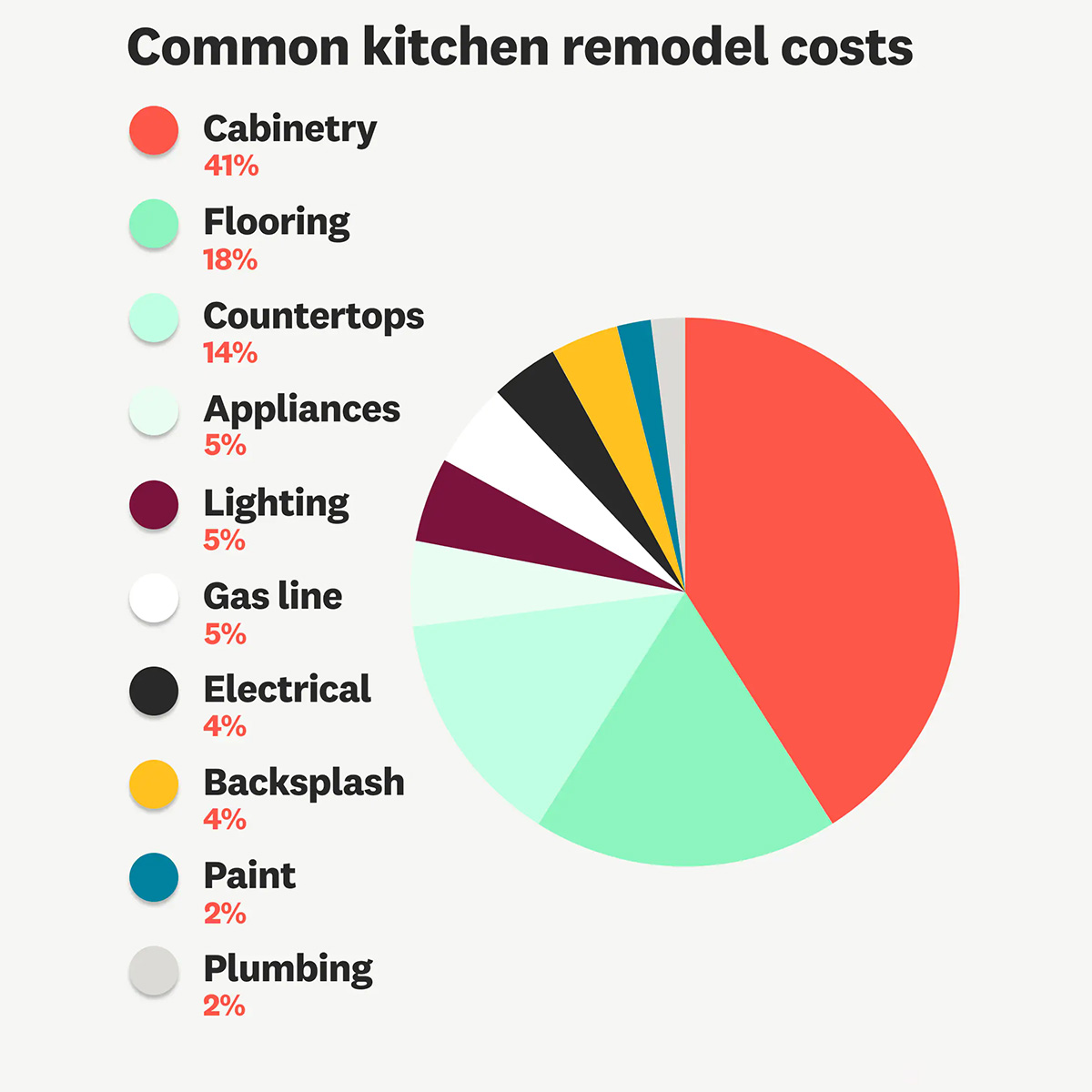




0 thoughts on “What Kind Of Loan Can I Get For Home Improvements?”